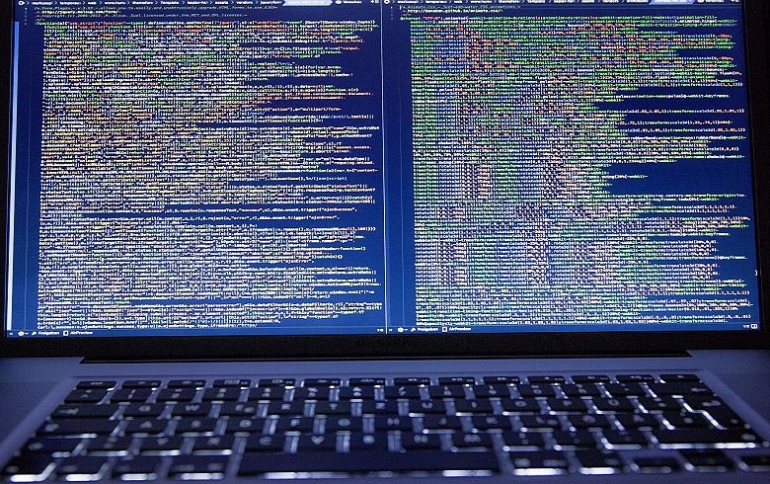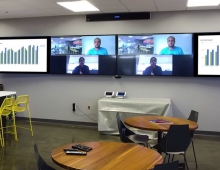
Two Iranian Men Indicted for Deploying Ransomware to Extort Hospitals, Municipalities, and Public Institutions
The United States on Wednesday indicted two Iranians for launching a major ransomware cyber attack known as “SamSam” and sanctioned two others for helping exchange the ransom payments from Bitcoin digital currency into rials.
A federal grand jury returned an indictment unsealed today in Newark, New Jersey charging Faramarz Shahi Savandi, 34, and Mohammad Mehdi Shah Mansouri, 27, both of Iran, in a 34-month-long international computer hacking and extortion scheme involving the deployment of sophisticated ransomware.
The six-count indictment alleges that Savandi and Mansouri, acting from inside Iran, authored malware, known as “SamSam Ransomware,” capable of forcibly encrypting data on the computers of victims. According to the indictment, beginning in December 2015, Savandi and Mansouri would then allegedly access the computers of victim entities without authorization through security vulnerabilities, and install and execute the SamSam Ransomware on the computers, resulting in the encryption of data on the victims’ computers. These more than 200 victims included hospitals, municipalities, and public institutions, according to the indictment, including the City of Atlanta, Georgia; the City of Newark, New Jersey; the Port of San Diego, California; the Colorado Department of Transportation; the University of Calgary in Calgary, Alberta, Canada; and six health care-related entities: Hollywood Presbyterian Medical Center in Los Angeles, California; Kansas Heart Hospital in Wichita, Kansas; Laboratory Corporation of America Holdings, more commonly known as LabCorp, headquartered in Burlington, North Carolina; MedStar Health, headquartered in Columbia, Maryland; Nebraska Orthopedic Hospital now known as OrthoNebraska Hospital, in Omaha, Nebraska and Allscripts Healthcare Solutions Inc., headquartered in Chicago, Illinois.
According to the indictment, Savandi and Mansouri would then extort victim entities by demanding a ransom paid in the virtual currency Bitcoin in exchange for decryption keys for the encrypted data, collecting ransom payments from victim entities that paid the ransom, and exchanging the Bitcoin proceeds into Iranian rial using Iran-based Bitcoin exchangers. The indictment alleges that, as a result of their conduct, Savandi and Mansouri have collected over $6 million USD in ransom payments to date, and caused over $30 million USD in losses to victims.
According to the indictment, Savandi and Mansouri created the first version of the SamSam Ransomware in December 2015, and created further refined versions in June and October 2017. In addition to employing Iran-based Bitcoin exchangers, the indictment alleges that the defendants also utilized overseas computer infrastructure to commit their attacks. Savandi and Mansouri would also use sophisticated online reconnaissance techniques (such as scanning for computer network vulnerabilities) and conduct online research in order to select and target potential victims, according to the indictment. According to the indictment, the defendants would also disguise their attacks to appear like legitimate network activity.
To carry out their scheme, the indictment alleges that the defendants also employed the use of Tor, a computer network designed to facilitate anonymous communication over the internet. According to the indictment, the defendants maximized the damage caused to victims by launching attacks outside regular business hours, when a victim would find it more difficult to mitigate the attack, and by encrypting backups of the victims’ computers. This was intended to—and often did—cripple the regular business operations of the victims, according to the indictment. The most recent ransomware attack against a victim alleged in the indictment took place on Sept. 25, 2018.





















